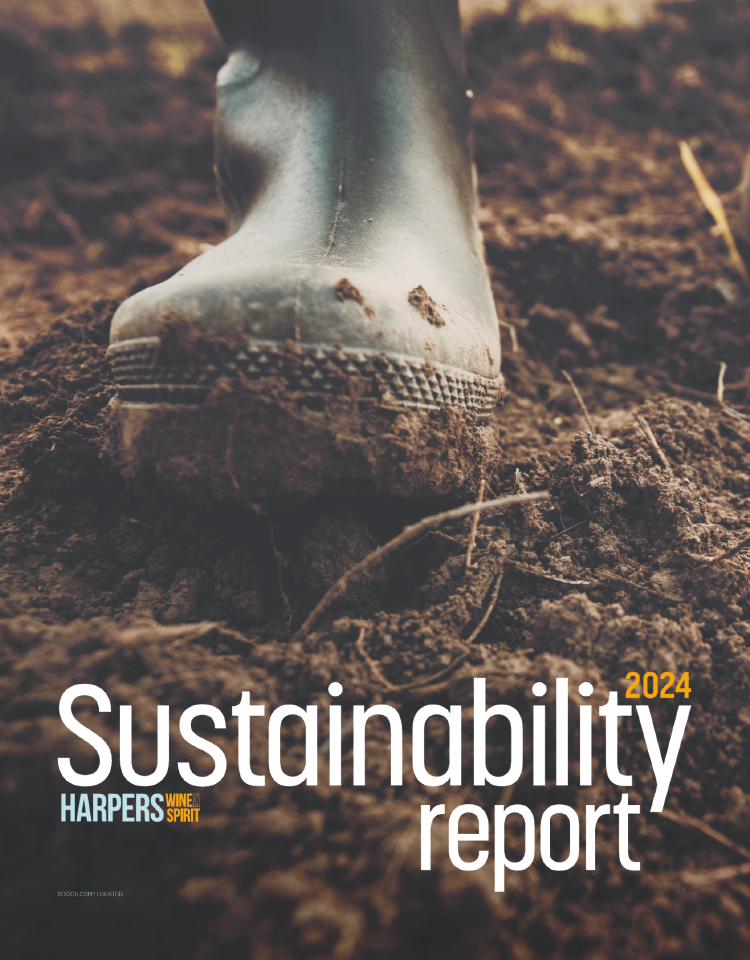
Accommodation and food services industry among most disrupted by Brexit
The UK’s accommodation and food services industry has been pinpointed as likely to be one of the most disrupted sectors as a result of Brexit, according to a new study by law firm Irwin Mitchell and the Centre for Economics & Business Research (CEBR).
The report’s ‘Brexit Disruption Index’ analyses which industrial sectors will be affected most after the UK leaves the EU, basing its predictions on Brexit’s impact to three key indicators – the free movement of labour, tariffs on exports to the EU and investment into the UK from the EU – and assumes that a deal will eventually be agreed.
The accommodation and food services industry has an index score of 35% (see below). But, although the new report predicts the sector’s growth will slow in 2020, it still expects it to expand by 1.9% this year, and by 1.5% in 2020.
In the short-term, the study predicts the effect of the Brexit process will have “mainly positive consequences” for the food-and-drink sector.
“In addition to the benefits of increasing tourism driven by a falling pound which would follow a disorderly Brexit, there has also been a recent influx of investment from both US- and Hong Kong-based funds into freehold-based leisure businesses. This is through both disruption in the Chinese market and trade war issues where money is looking for a safe haven, but mainly UK-based investments looking cheap due to the political turmoil and cheap pound,” said Stuart Gallyot, a food-and-drink sector specialist and Irwin Mitchell consultant.
However, he warned, there are “significant challenges” in the long-term, specifically in relation to skills shortage for the hospitality sector.
“The hospitality sector has, for a number of decades, relied upon migrant labour, and recent surveys have shown that the number of EU nationals applying for hospitality roles has declined markedly over the last two to three years.
“Wages are on the rise as the supply of quality ‘hospitable’ people dries up, and the back-of-house jobs – chefs, kitchen staff, cleaning staff – which have always been challenging to recruit for, will almost certainly get [harder to recruit].”
Marina Mensah-Afoakwah, senior economist at CEBR, said: “There are some advantages that Brexit will bring to the accommodation and food services sector, particularly in relation to tourism, but the fact that 30% of foodstuffs are imported into the UK from the EU means the sector has significant challenges in the future.”
The Disruption Index is based on three key ways in which UK industries will be affected by Brexit, with each of the indicators scored according to the likelihood that Brexit will disrupt businesses in each sector, where 100% is the sector that will see the most disruption, compared to the other sectors, and 0% indicates the least disruption.
1) The share of workers in each sector who are non-UK EU nationals. This is important to consider because it is likely that free movement of labour between the UK and the EU will be restricted after Brexit.
2) Value of goods exports to the EU by sector. UK businesses could be subject to tariffs on exports to the EU after Brexit.
£) Foreign direct investment from the EU by sector. Many businesses currently receive investment from the EU which may be lost once the UK is no longer in the EU.








